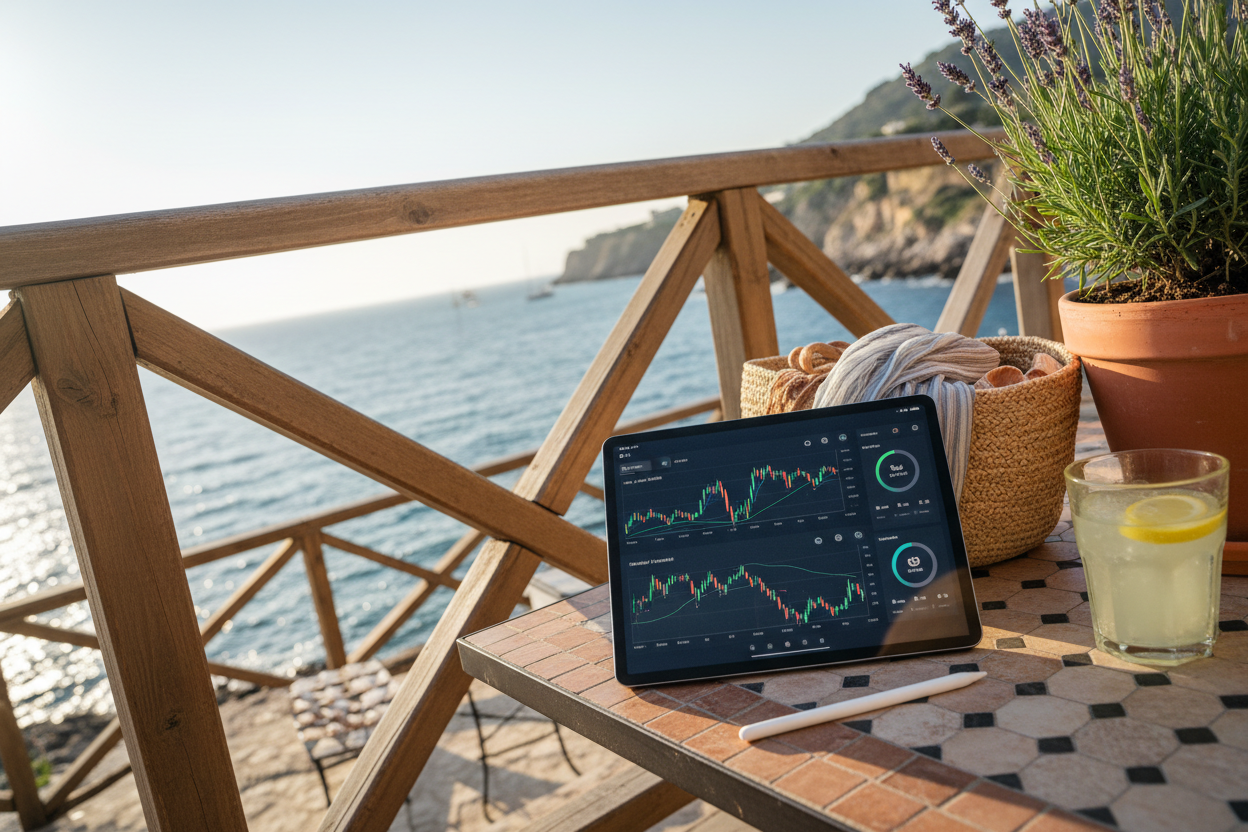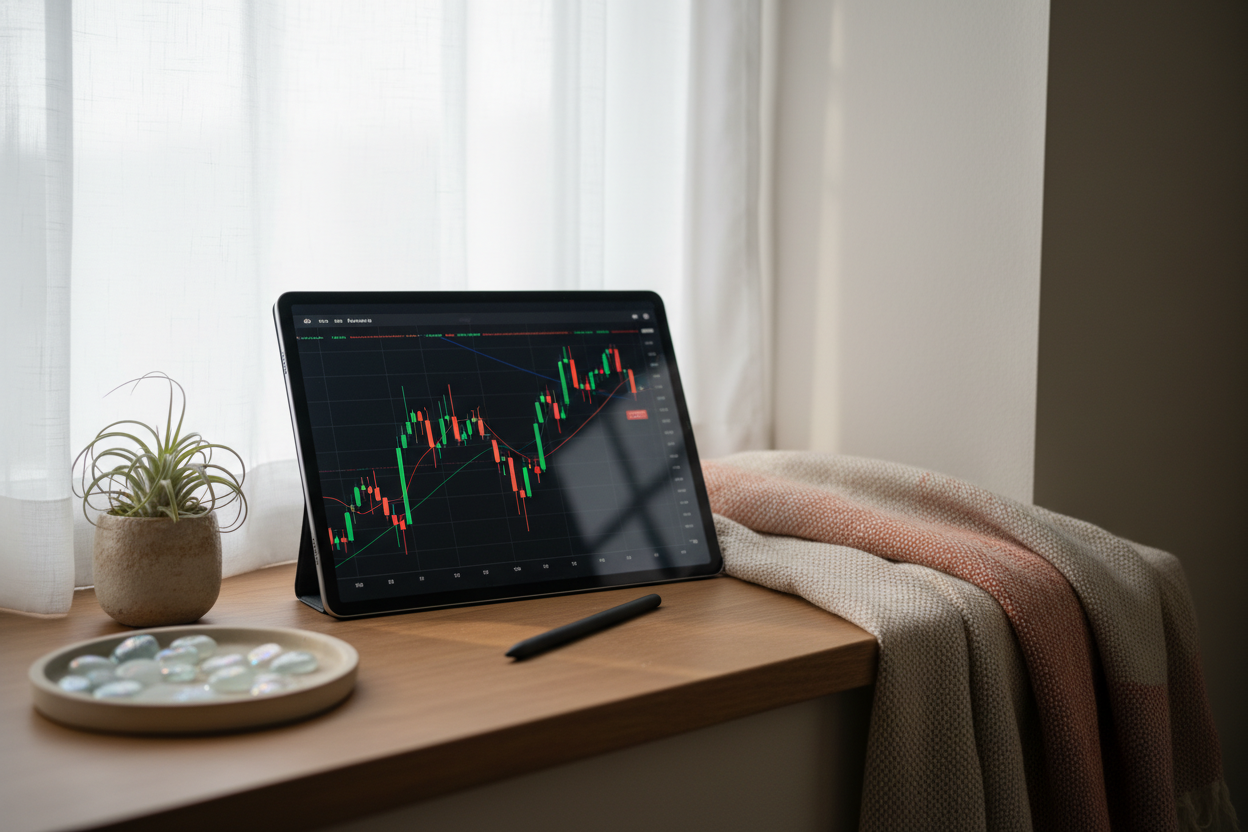
Trading exposure to blue-chip stocks like Apple, Tesla, and Amazon is no longer confined to traditional brokerages or limited market hours. Thanks to advances in decentralized finance (DeFi), synthetic perpetual stocks are now accessible 24/7 on leading decentralized exchanges (DEXs) such as PancakeSwap and gTrade. These platforms enable anyone with a crypto wallet to gain leveraged exposure to U. S. equities, all while maintaining full custody of their assets.

Synthetic Perpetual Stocks: The New Frontier for 24/7 Equity Trading
Synthetic perpetual stocks are tokenized derivatives that mirror the price movements of real-world equities like Apple (AAPL), Tesla (TSLA), and Amazon (AMZN). Unlike tokenized stocks backed 1: 1 by shares held in custody, these synthetics use a combination of smart contracts, oracles, and collateral pools to track underlying prices. This means you can trade Apple stock in a decentralized way – directly from your crypto wallet – without needing a brokerage account or KYC onboarding.
The recent launch by PancakeSwap is a prime example. As of August 2025, users can open long or short positions on synthetic versions of AAPL, AMZN, and TSLA with up to 25x leverage. While these contracts operate during U. S. market hours (Monday to Friday, 13: 30-20: 00 UTC), the infrastructure is fully on-chain and non-custodial (source).
Step-by-Step Guide: How to Trade Synthetic Perpetual Stocks on DEXs
Navigating this new landscape requires some preparation but offers significant flexibility compared to legacy brokers. Here’s how you can get started:
- Choose Your Platform: Top options include PancakeSwap for BNB Chain users and gTrade by Gains Network for Polygon/Arbitrum traders.
- Set Up a Non-Custodial Wallet: MetaMask or Trust Wallet are popular choices that support BNB Chain and other EVM-compatible networks.
- Fund Your Wallet: Deposit stablecoins such as USDC or USDT as collateral for your trades. Some DEXs allow additional crypto assets.
- Connect and Trade: Visit the DEX website, connect your wallet securely, select your desired synthetic stock perp contract (e. g. , AAPL/USDT), set leverage up to 25x, and place your long or short order.
This process eliminates intermediaries and gives you direct control over your trading activities – but it also comes with new risks around smart contract security and collateral management.
PancakeSwap Stock Perpetuals vs Traditional Brokers: What’s Different?
The most striking difference is accessibility. With PancakeSwap’s stock perps, there’s no minimum deposit requirement beyond gas fees and margin collateral; everything happens directly from your wallet without paperwork or regional restrictions. Importantly, while DEX infrastructure operates 24/7, actual trading windows for these equity perps currently align with U. S. market hours due to liquidity sourcing constraints (details here). However, other platforms such as ApeX aim for near-continuous trading using fractionalized synthetic shares.
Top Advantages of Trading Synthetic Perpetual Stocks on DEXs
-
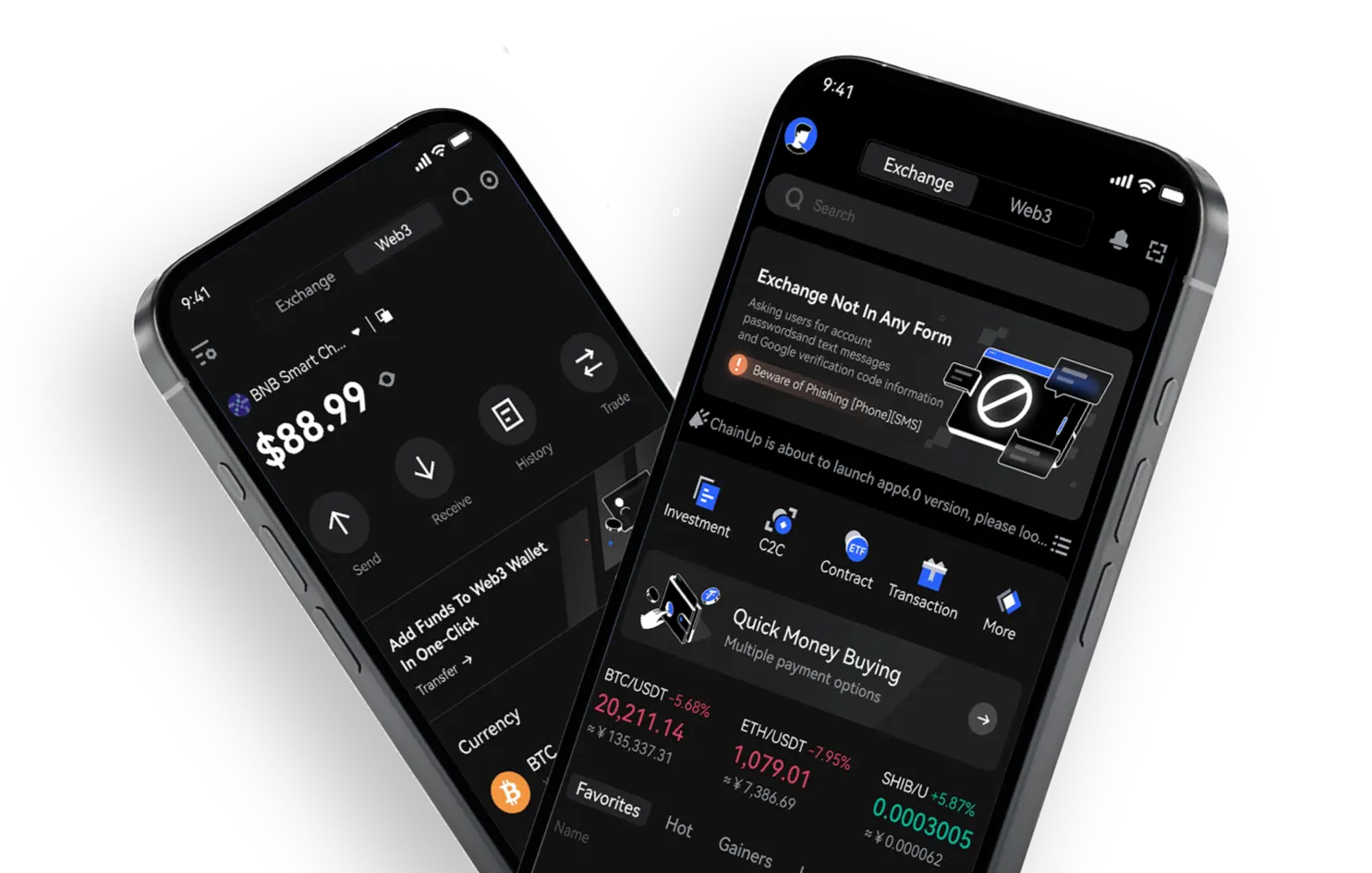
Direct On-Chain Access Without Intermediaries: Trade synthetic perpetual stocks like Apple (AAPL), Amazon (AMZN), and Tesla (TSLA) directly from your crypto wallet—no need for traditional brokerage accounts or centralized platforms.
-

Global, Borderless Participation: Anyone with an internet connection and a compatible crypto wallet can access these markets, eliminating geographic and jurisdictional barriers common in traditional stock trading.
-
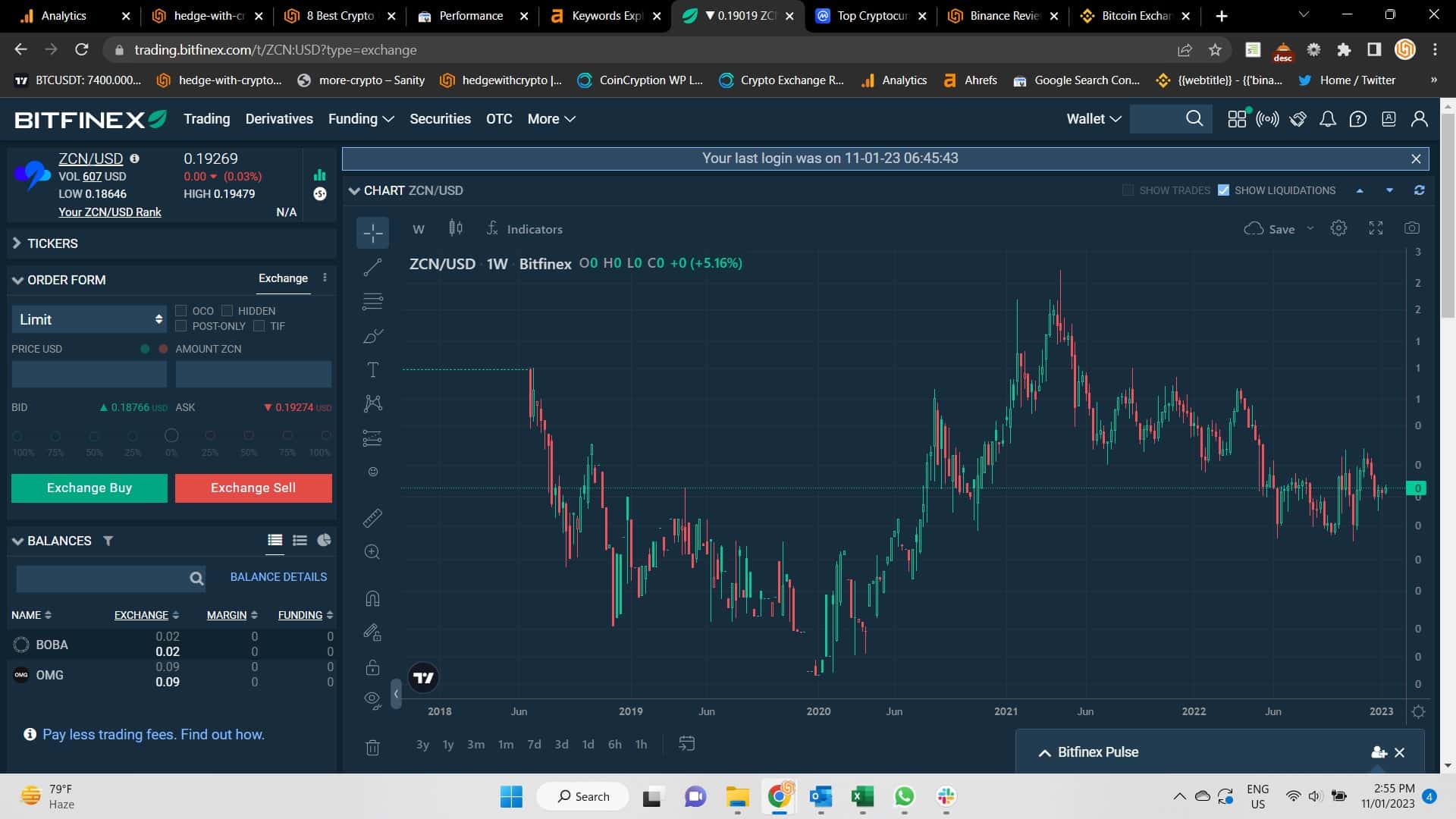
Leverage and Flexible Trading Options: Platforms like PancakeSwap and gTrade by Gains Network offer up to 25x–50x leverage, allowing traders to amplify their exposure and employ advanced strategies such as long or short positions.
-

Non-Custodial Control and Privacy: Users retain full control of their funds at all times, reducing counterparty risk and enhancing privacy compared to centralized exchanges.
-
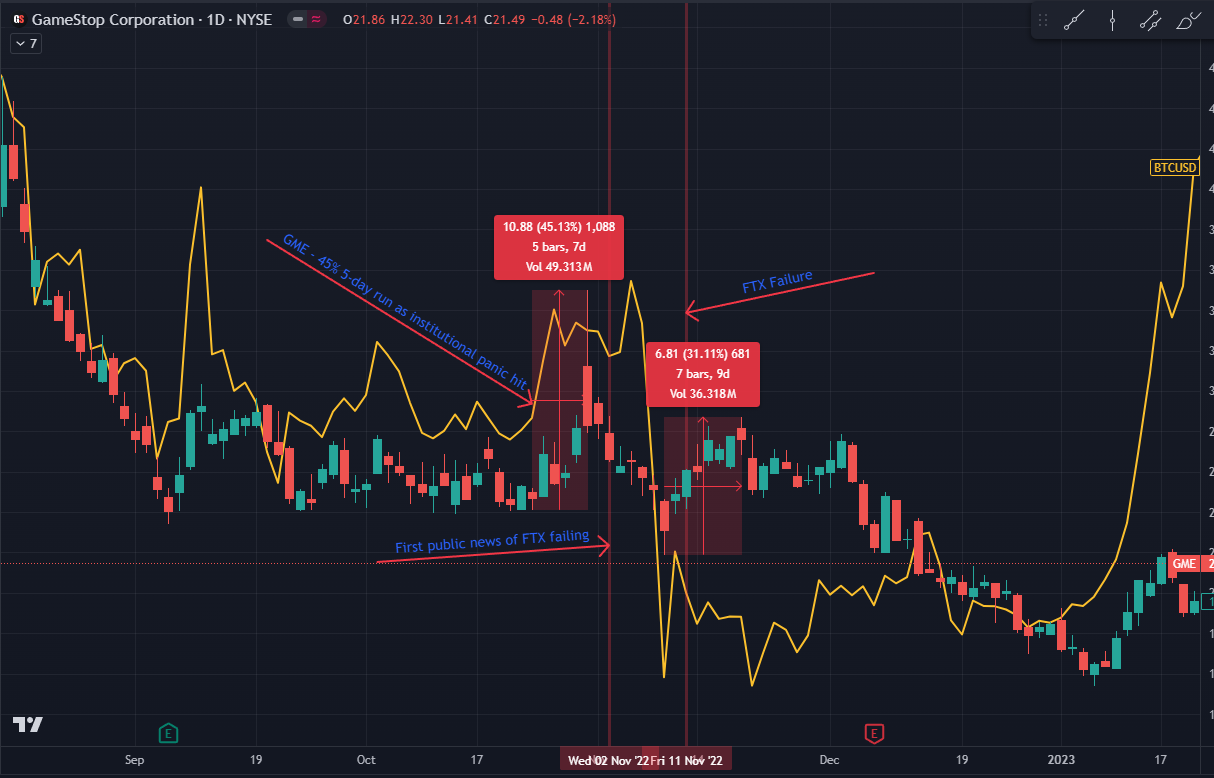
Lower Entry Barriers and Fractional Trading: Synthetic assets enable fractional ownership, so traders can participate with smaller amounts of capital—making high-value stocks like Apple and Tesla more accessible.
-

Transparent and Auditable Transactions: All trades are recorded on public blockchains, providing transparency and the ability to independently verify transaction history and market activity.
Synthetic assets democratize access but require vigilance regarding regulatory developments in your region. Leverage amplifies both upside potential and risk exposure – prudent risk management is essential.
Liquidity and slippage are critical factors when trading synthetic perpetual stocks. While platforms like PancakeSwap have made significant strides, deep liquidity for large trades is still developing. For example, a $250,000 TSLA trade on certain synthetic perps DEXs recently resulted in 1% slippage, manageable for most retail users but a key consideration for institutional participants. As more protocols aggregate liquidity across chains and integrate advanced order routing, execution quality is expected to improve.
Another important distinction is the use of collateral. Synthetic stock perps typically require stablecoins (such as USDT or USDC) as margin. Some protocols are experimenting with yield-bearing collateral, allowing traders to earn passive returns while their margin is deployed, an innovative feature not available on traditional brokerages. However, this can introduce additional risk if the yield protocol experiences volatility or smart contract exploits.
Risks and Best Practices: Trading Synthetic Perpetual Stocks Securely
While the technology is promising, it’s essential to understand the risks:
Key Risks in Trading Synthetic Perpetual Stocks & Mitigation Strategies
-
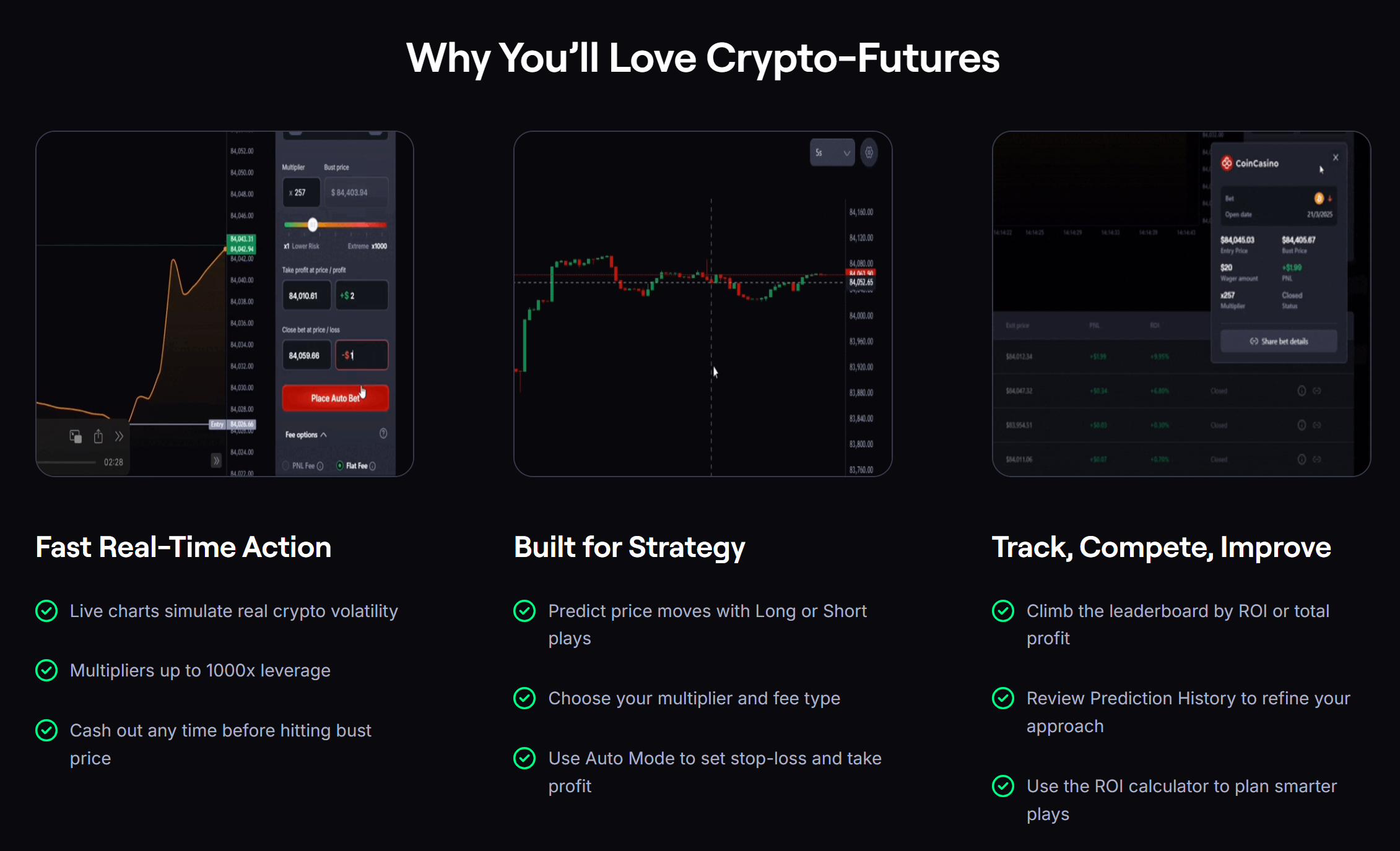
High Leverage Amplifies Losses: Trading with up to 25x leverage on platforms like PancakeSwap can quickly magnify both gains and losses. Mitigation: Use conservative leverage settings and always set stop-loss orders to limit potential downside.
-

Smart Contract Vulnerabilities: Decentralized exchanges (DEXs) like PancakeSwap rely on smart contracts, which may contain bugs or be susceptible to exploits. Mitigation: Trade only on well-audited, reputable DEXs and keep funds in secure, non-custodial wallets.
-
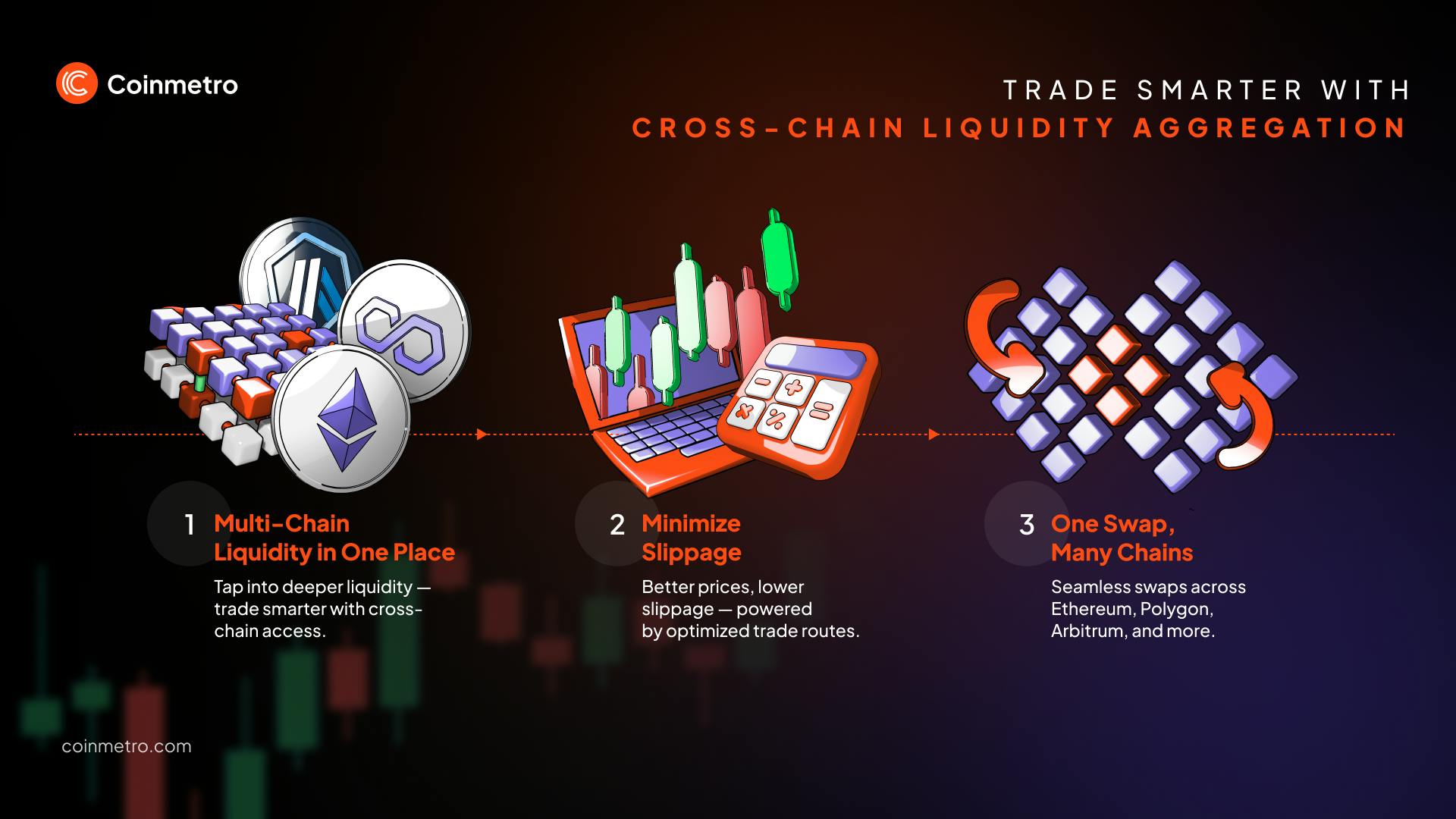
Liquidity Risks: Synthetic perpetual stock markets are relatively new and can experience low liquidity, leading to higher slippage and difficulty executing large trades. Mitigation: Check order book depth and recent trading volumes before placing sizable trades; consider splitting large orders.
-

Price Oracle Manipulation: Synthetic assets depend on external price feeds (oracles). If oracles are compromised, prices can be manipulated, resulting in unfair liquidations. Mitigation: Choose platforms using robust, decentralized oracles and monitor for any abnormal price movements.
-

Regulatory Uncertainty: Trading synthetic stocks may face evolving legal and regulatory challenges, especially in certain jurisdictions. Mitigation: Stay updated on local regulations and consider the legal status of synthetic asset trading in your country before participating.
-

Market Hour Limitations: While DEXs operate 24/7, synthetic stock perpetuals like those on PancakeSwap only trade during U.S. market hours (Monday–Friday, 13:30–20:00 UTC). Mitigation: Plan trades around these hours and avoid placing orders when markets are closed to prevent unexpected price gaps.
Smart contract vulnerabilities remain a non-trivial risk. Always verify that the DEX you use has undergone reputable audits and consider limiting exposure to untested protocols. Front-running, where bots exploit pending transactions for profit, can also impact trade execution, especially during volatile sessions. Look for DEXs implementing hidden orders or anti-front-running mechanisms.
Regulatory uncertainty is another major factor. While decentralized exchanges offer permissionless access, some jurisdictions may restrict or prohibit trading synthetic equities. Stay informed about evolving regulations in your country and only participate within legal boundaries (see this guide). Remember that you do not own actual shares, these are derivatives tracking real-world prices via oracles.
Pro Tips: Maximize Your Edge on Perpetual Stock DEXs
- Use stop-losses and take-profit orders: Leverage amplifies losses as much as gains; automated risk controls are your best defense.
- Diversify across platforms: Test multiple DEXs (PancakeSwap, gTrade) to assess liquidity and interface preferences.
- Monitor funding rates: Like crypto perps, stock perpetuals often have dynamic funding rates that can impact P and L over time.
- Avoid over-leveraging: Start with lower leverage until you’re comfortable with platform mechanics and volatility profiles.
The future of equity trading is being rewritten by decentralized finance innovators. As infrastructure matures and regulatory clarity improves, expect even broader access, not only to FAANG stocks but also global equities, ETFs, and new synthetic asset classes, without the legacy friction of Wall Street intermediaries.












